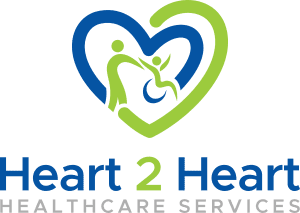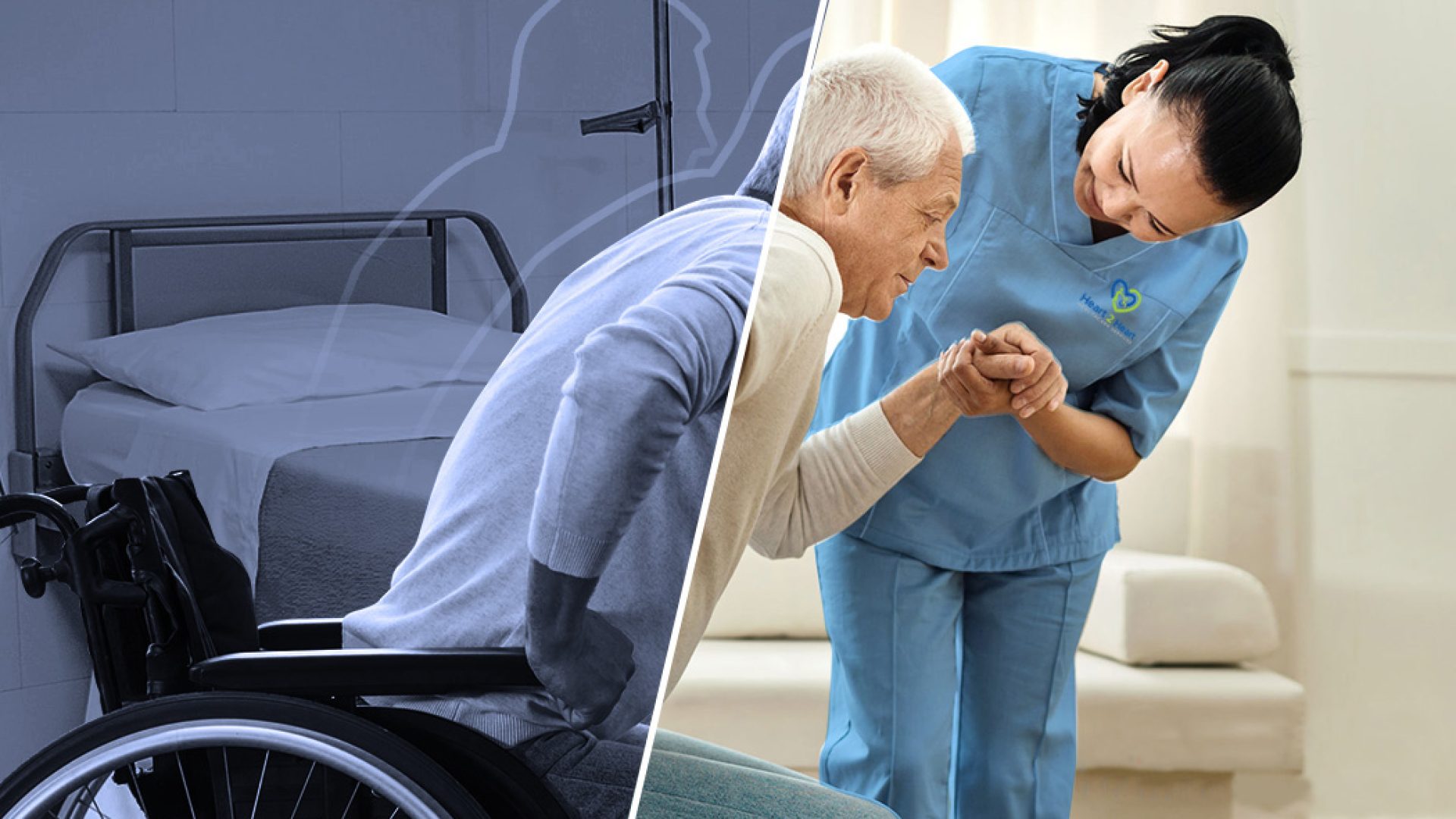Transition from Hospital to Home: A Comprehensive Guide
The transition from hospital to home is a critical phase in the recovery process. Proper planning and proactive measures during this period can help ensure a smooth and safe recovery for patients, reducing complications and improving outcomes.
Planning for a Safe Return to Home
Proper planning is the cornerstone of a successful transition from the hospital to home. Understanding the steps involved can help prevent rehospitalizations and ensure patients are set up for recovery.
Communicate With Your Medical Team
Before discharge, speak with doctors, nurses, and discharge planners. Key questions to ask include:
- What medications are needed, and what are the dosages?
- Are there specific dietary restrictions?
- What signs or symptoms indicate complications?
Understand Discharge Instructions
Carefully review discharge papers, which often outline follow-up care, physical therapy requirements, and any additional services.
Preparing the Home for Recovery
A safe and comfortable home environment is essential to facilitate recovery.
Creating a Healing Environment
- Remove tripping hazards, such as loose rugs and cords.
- Install grab bars in bathrooms and ensure adequate lighting.
- Prepare a space where the patient can rest comfortably, with easy access to necessities.
Arranging for Necessary Equipment
Rent or purchase medical supplies like wheelchairs, walkers, or hospital beds. Check if oxygen tanks or other devices are required.
Support Services for a Smooth Transition
Navigating recovery often requires external help.
In-Home Care Assistance
Professional caregivers can help with personal hygiene, meal preparation, and mobility, easing the burden on family members.
Rehabilitation and Follow-Up Care
Ensure all follow-up appointments are scheduled and attended, whether for physical therapy or specialist consultations.
Emotional and Mental Health Resources
Adjusting to life post-hospitalization can be emotionally taxing. Counseling or support groups can help manage stress.
Tips for Family Caregivers
Caring for a loved one during recovery can be challenging but rewarding.
- Stay Organized: Use a medication tracker or apps to keep track of dosages and timings. Maintain a calendar of follow-up appointments and therapy sessions.
- Practice Self-Care: Avoid burnout by scheduling breaks or seeking respite care. Seek support from friends, family, or caregiver groups.
Common Problems Families Face in Transitioning from Hospital to Home
- Lack of clear discharge instructions: Families often receive medical instructions that are too vague or overwhelming, making it hard to follow post-hospital recovery plans effectively.
- Inadequate home preparation: Many families fail to prepare the home for mobility and safety needs, increasing the risk of falls and complications.
Other specific problems include:
- Confusion about medications and dosages.
- Difficulty managing follow-up appointments.
- Lack of access to medical equipment.
- Emotional stress and caregiver burnout.
- Financial challenges in affording home health services.
- Insufficient communication with healthcare providers.
- Overwhelming caregiving responsibilities.
- Patient non-compliance with recovery guidelines.
- Nutrition and dietary management struggles.
Overcoming Common Challenges
Every transition has its hurdles. Here’s how to address some of the most frequent issues:
- Medication Adherence: Use pill organizers or reminders to avoid missed doses.
- Fall Prevention: Ensure mobility aids are available and properly adjusted.
- Nutritional Challenges: Work with a dietitian to create meal plans that cater to recovery needs.
Resources for Transitioning Home
Take advantage of organizations and tools designed to assist patients and caregivers. Options include:
- Local home health agencies for professional care.
- Online caregiver support groups for advice and emotional help.
- Apps for tracking medications and appointments.
Navigating the Transition with Confidence
The transition from hospital to home can be a transformative step toward recovery when managed thoughtfully. By preparing the home, arranging necessary services, and staying proactive, you can ensure a safe and stress-free experience for both patients and caregivers.
15 Search Phrases Related to Transition from Hospital to Home
As families prepare for a loved one’s transition from hospital to home, there are several challenges to address to ensure a smooth recovery. Below, we’ve highlighted 15 important search phrases that individuals often look for when navigating this critical phase of care:
- Challenges in transitioning from hospital to home
- Steps to ensure a smooth hospital-to-home transition
- How to prepare a home for post-hospital recovery
- Discharge planning tips for families
- Essential caregiving tools for post-hospital care
- Finding home health services after hospitalization
- Managing medications after hospital discharge
- Fall prevention tips for post-surgery recovery
- Common problems with hospital-to-home transitions
- Emotional support for patients returning home
- Financial assistance for home healthcare needs
- Transportation options for follow-up appointments
- Resources for family caregivers during recovery
- Nutrition planning for post-hospital patients
- Signs of complications after returning home
These search phrases highlight the key areas of concern and frequently asked questions for families and caregivers when making the transition from hospital to home. If you’re facing any of these issues, it’s crucial to work closely with healthcare professionals, plan ahead, and leverage available resources to provide the best possible support for the patient.
Preparation involves creating a safe, accessible environment by removing tripping hazards, setting up medical equipment, and ensuring essentials are within easy reach. Additionally, coordinate with healthcare providers for clear discharge instructions and schedule follow-up appointments.
The four pillars include medication management, timely follow-ups with healthcare providers, a clear and personalized discharge plan, and access to community resources or support systems.
Protocols include a structured discharge plan, clear communication among all healthcare providers, ensuring medication reconciliation, and providing education to patients and caregivers about managing recovery.
This is typically referred to as hospital discharge or post-acute care transition. It marks the point when a patient is deemed stable enough to continue recovery at home or in another care setting.
About Heart 2 Heart Home Health Care
Heart 2 Heart Home Health Care is a trusted home health care provider serving Dallas, Frisco, McKinney, Fort Worth, and Plano. Dedicated to providing compassionate, professional care, Heart 2 Heart focuses on offering personalized services designed to support patients in their homes. Whether it’s skilled nursing, physical therapy, personal care, or companion services, their experienced team ensures that each patient receives the best possible care tailored to their specific needs.
Serving families across the Dallas-Fort Worth metroplex, including Frisco, McKinney, and Plano, Heart 2 Heart Home Health Care prides itself on helping individuals recover safely and comfortably in their own homes. The company works closely with healthcare providers to coordinate care and ensure a smooth transition from hospital to home.
With a commitment to delivering reliable, effective, and empathetic care, Heart 2 Heart stands as a trusted partner in home health care, enhancing patients’ lives and supporting their families. Whether managing chronic conditions or offering post-surgery recovery assistance, Heart 2 Heart is dedicated to helping individuals in the Dallas area thrive and live independently.

